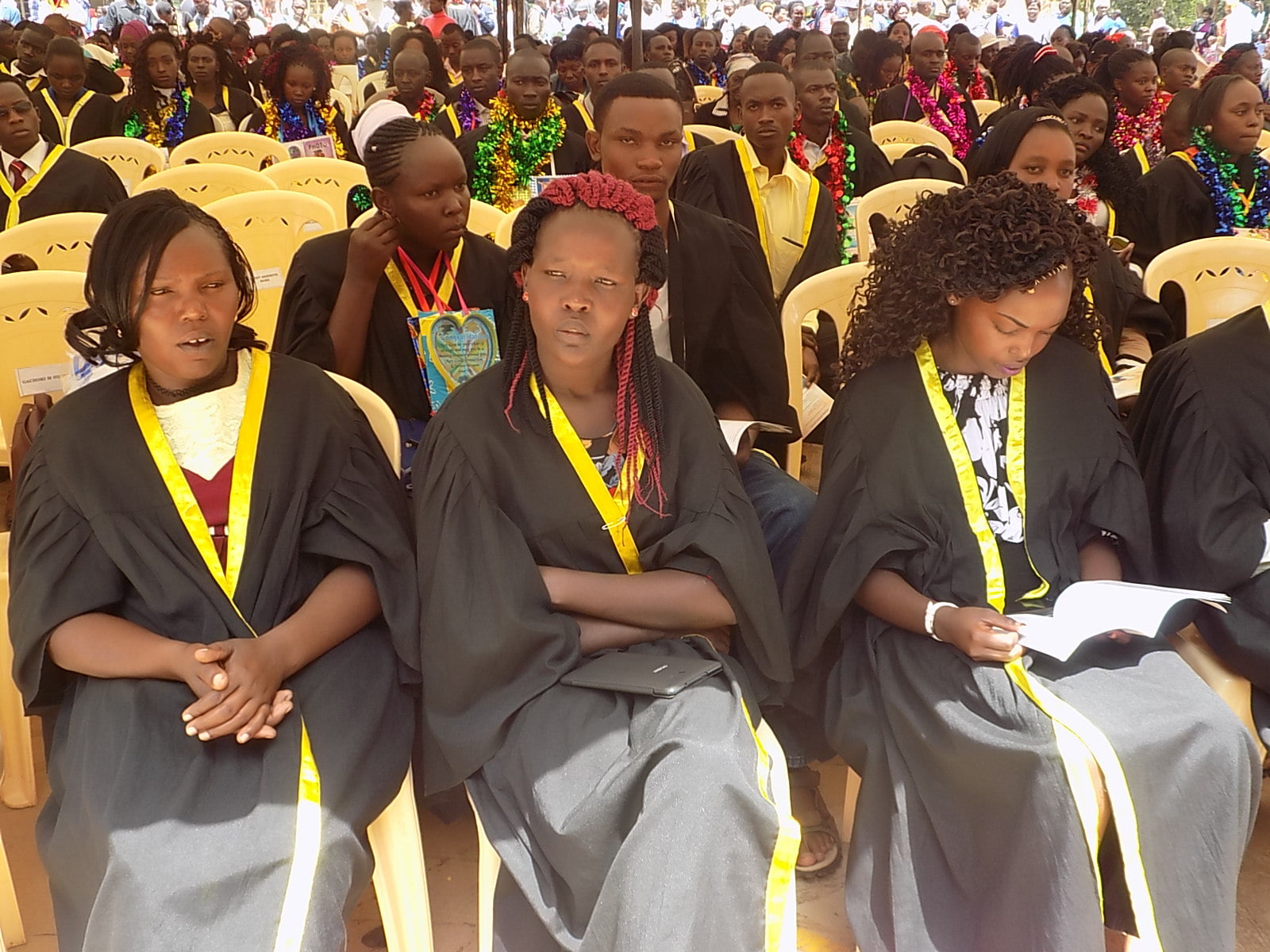There is a strong argument for why primary school teachers often become highly sought-after lecturers in the departments of Education and Social Sciences.
Most of the revered Dons in the field of education, when examined retrospectively, have been found to have had primary school teaching backgrounds.
Education News sought to explore the driving force behind this through candid interactions with several post-high-school tutors.
Primary school teachers are recognised for having a strong foundation in pedagogy. In their rigorous training, primary school teachers are taught to break down complex ideas into simple and easily understood parts.
At the university, professors often struggle with making advanced concepts understandable, which primary school teachers excel at.
Teaching in primary education, unlike at other levels, primarily focuses on the learner, rather than just the learning area or subject matter. They therefore prioritise the learner’s understanding.
Professors, on their part, are majorly content experts. For a primary school teacher who advances his studies to lecture halls, the ability to focus on the student, coupled with content, will go a long way in transforming the university classroom experience.
READ ALSO:
What teachers should look out for when testing reading aloud skills in Grades 1–3 learners
Basic school tutors are known to have rich creativity in teaching. They use stories, analogies, visuals and activities to keep their learners engaged. This creativity often makes them lively, memorable, and impactful when they advance to teach in universities.
Working with young children develops patience, compassion and the ability to see where a learner is struggling. Patience and empathy are the most important values that help young people navigate higher education with ease.
On the other hand, primary school teachers are used to nurturing the whole child’s academic, social and emotional development. At the university, this translates to better mentorship, guidance and support for students’ personal growth.
Indeed, primary school teachers play a pivotal role in shaping young learners into individuals with a desired trajectory in their future lives.
Advancement in their studies to teach at higher levels has always been appreciated, owing to a large pool of experience and knowledge. Most of those who have made their way to the lecture halls are highly regarded and in high demand.
By Kaptich Tarus
You can also follow our social media pages on Twitter: Education News KE and Facebook: Education News Newspaper for timely updates.
>>> Click here to stay up-to-date with trending regional stories
>>> Click here to read more informed opinions on the country’s education landscape






